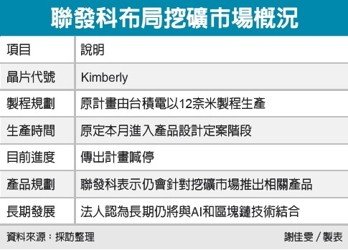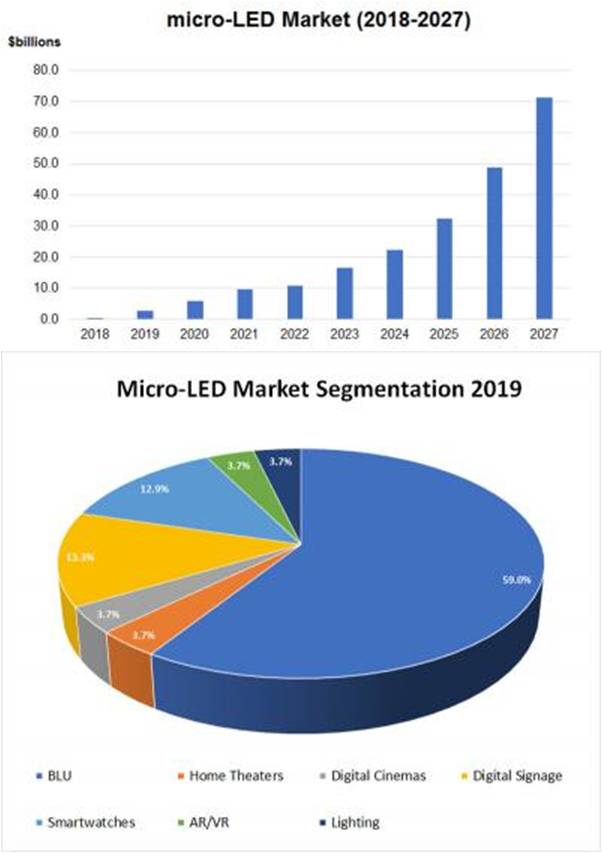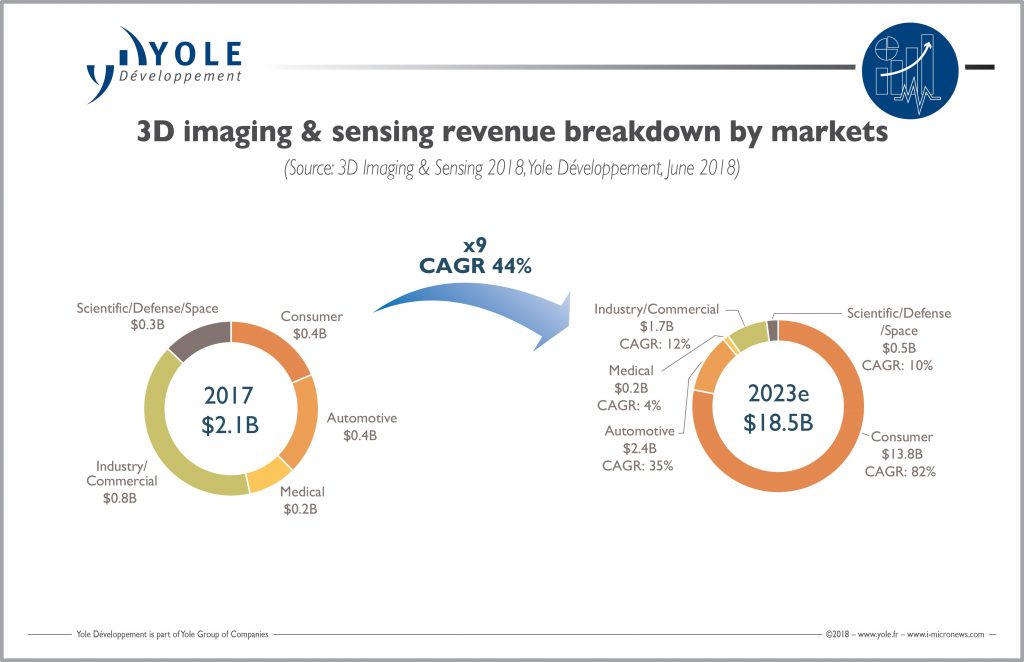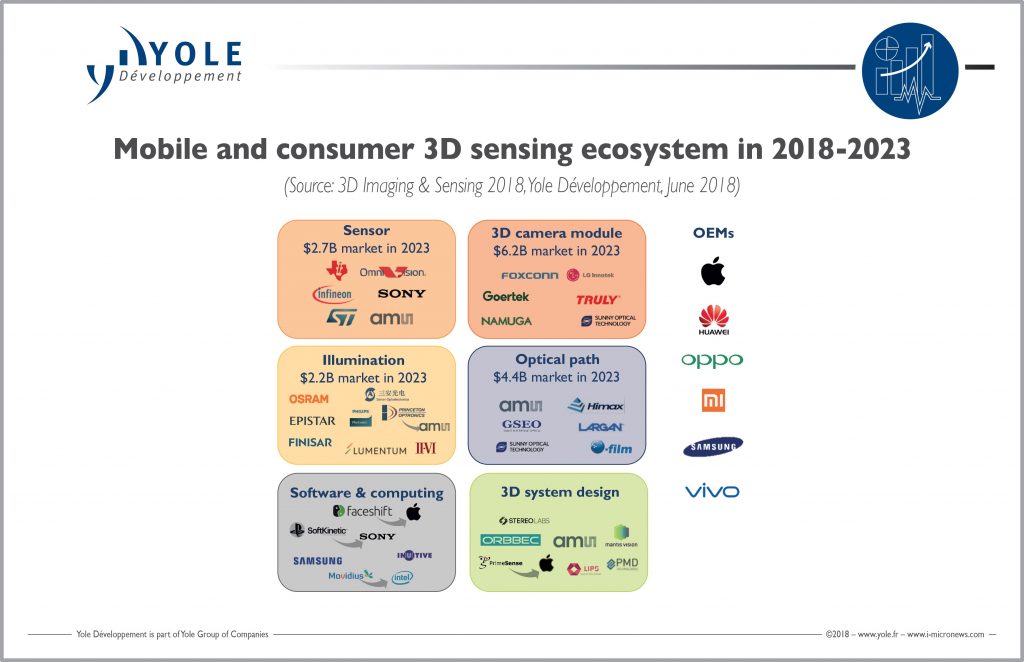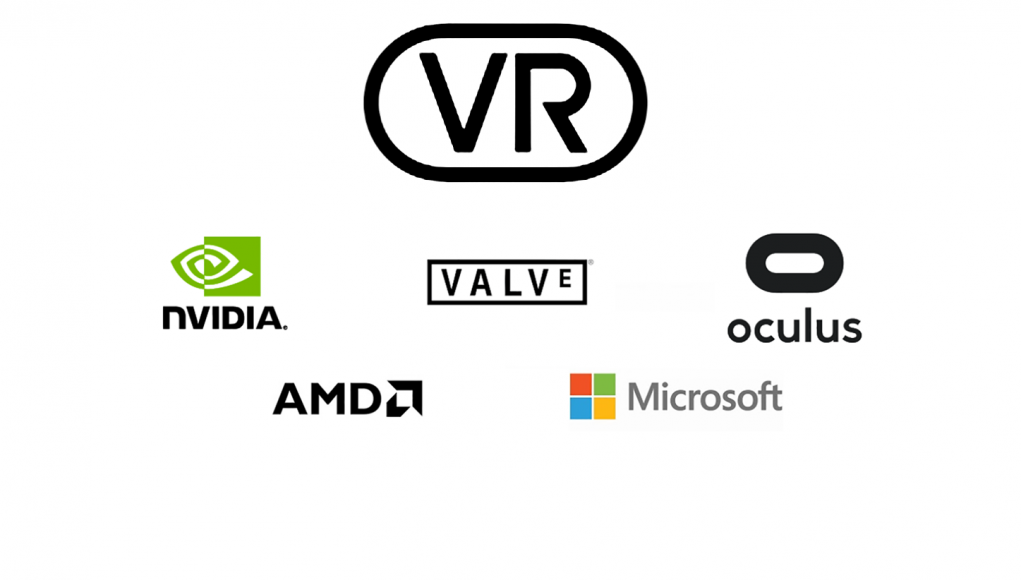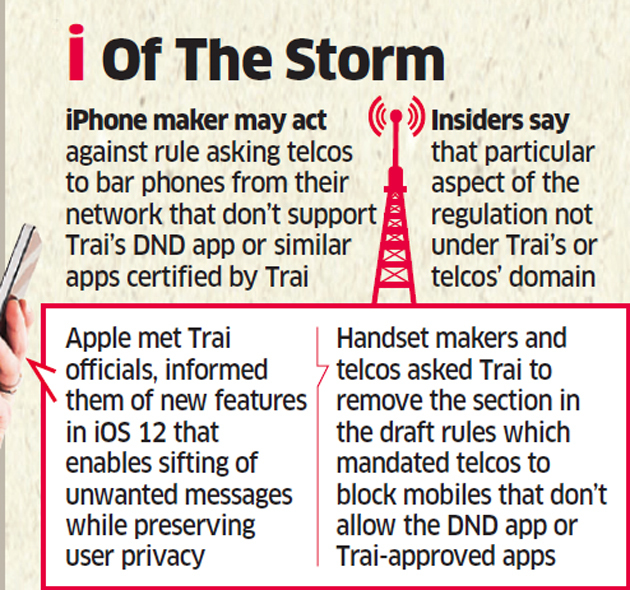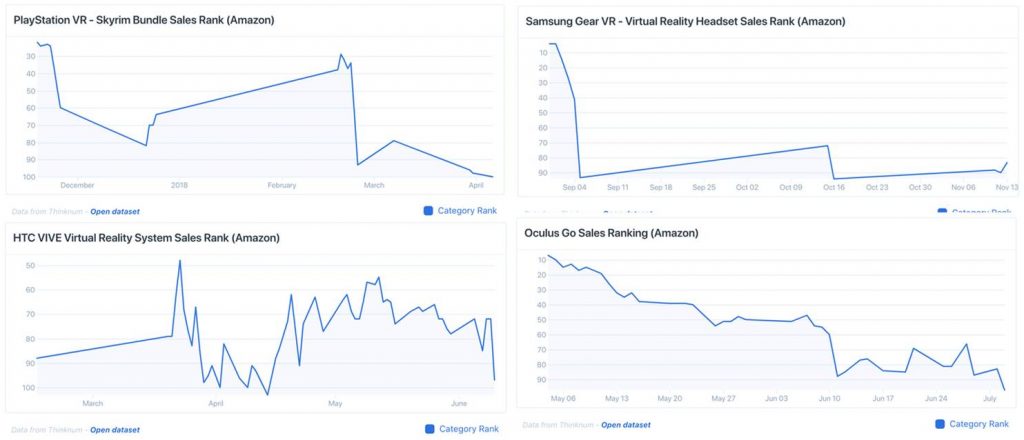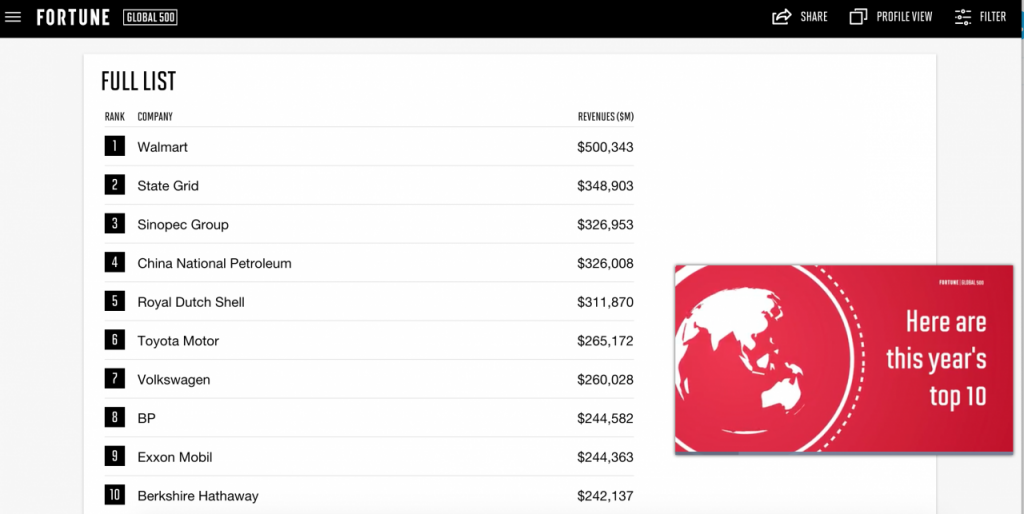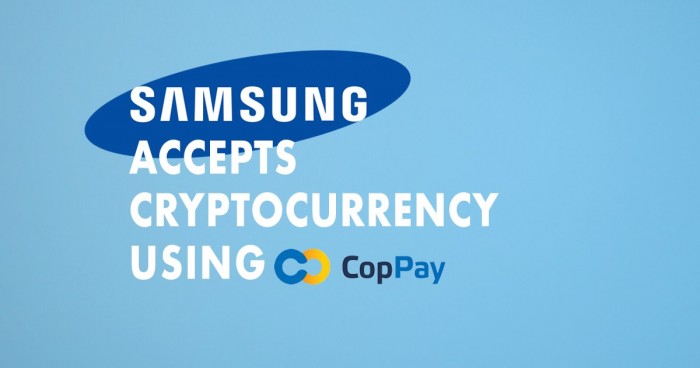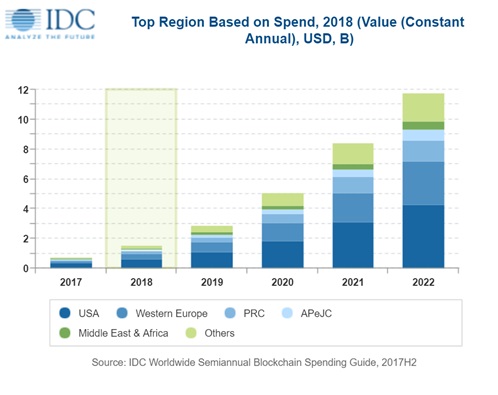
07-23: BOE Technology is seeking to supply Apple with OLED displays for future iPhone models; TRAI has proposed to “derecognise” devices that bar installation of TRAI’s DND app; etc.
Chipsets
MediaTek has allegedly cancelled its crypto-mining chipset project, which is built using TSMC’s 12nm process. The project is dubbed “Kimberly” internally, and is originally planned to tape out in Jul 2018, and to enter mass production at the earliest 4Q18. (Laoyaoba, UDN, UDN)
MediaTek is entering cryptocoins mining and AI segments, at the same time Bitmain Technologies is also entering AI market. Bitmain and Canaan are two companies that have been using TSMC to build their mining chipset, which also contributes to tSMC’s 4Q17~1Q18 revenues. Both companies have been the main customers of TSMC’s 7nm orders. (UDN, Laoyaoba)
IC testing service provider King Yuan Electronics (KYEC) is expected to report about 10% sequential growth in 3Q18 revenues, driven by a ramp-up of orders for AI-capable SoCs, according to Digitimes. KYEC has obtained 60% of the total testing orders placed by MediaTek for the recently-introduced Helio A series. The 40% of the orders is taken up by Sigurd Microelectronics. KYEC has also secured orders for AI chips from HiSilicon, to step up its pace of orders later in 3Q18. (Digitimes, press, Laoyaoba)
IC Insights forecasts that the 2018 global electronic systems market will grow 5% to USD1,622B while the worldwide semiconductor market is expected to surge by 14% in 2018 to USD509.1B. If the 2018 forecasts come to fruition, the average semiconductor content in an electronic system will reach 31.4%, breaking the all-time record of 28.8% that was set in 2017. (Laoyaoba, IC Insights, press)
Xin Guobin, deputy director of China’s ministry of industry and information technology indicates that China is still decades behind developed countries and the road to becoming a great manufacturing power remains long. China relies on imported semiconductors to build the hardware — including phones, telecoms gear and computers — that account for almost 1/3 of its exports: at USD227B in 2016, the country spent more on chips than oil, according to the World Bank and Chinese government data. (Financial Times, Laoyaoba)
TSMC reportedly is entering 5nm risk trial production in 1Q19, becoming the first foundry to adopt 5nm process. TSMC is expected to mass produce 5nm chipsets in end of 2019 or early 2020. TSMC’s 5nm production base is located at Fab 18, with total investment amounting to NTD700B. (Laoyaoba, LTN, UDN)
Touch Display
BOE Technology is seeking to supply Apple with OLED displays for future iPhone models. Currently, BOE supplies displays for the iPad and MacBook and is the number one supplier of large LCD screens. (CN Beta, 9to5Mac, WSJ)
IC design enterprise Sino Wealth Electronics indicates that the company’s display IC driver is mainly for PMOLED and AMOLED, and currently the revenues are mainly from PMOLED chipset. The company already delivered samples of FHD AMOLED driver IC chipset in 1Q18, and hoping to enter mass production in 2018. (Laoyaoba, Stock Star, Elecfans)
Samsung Electronics will roll out what it calls a “two-track” business strategy encompassing both QLED and micro-LED displays amid the soaring demand for large-sized TVs around the globe. Samsung is currently operating a microLED research lab at its Suwon-based headquarters, with its TV manufacturing facilities in Vietnam also making preparations for full-fledged production. (Laoyaoba, Yonhap News, Korea JoongAng Daily)
n-Tech Research estimates that the market will grow from USD2.7B in 2019 to over USD70B in 2027. The markets for Micro-LED displays will include wearables, near-eye displays, HUDs, projection displays and extra large area displays. Most of the revenues in 2019 will be from backlighting units (probably mini-LEDs). (OLED-Info, Micro-LED-Info, nTech Research, OfWeek)
Sensory
Yole Développement expects the global market of 3D imaging and sensing to expand from USD2.1B in 2017 to USD18.5B in 2023. The market is showing an impressive 44% CAGR during this period. Along with consumer, automotive, industrial, and other high-end markets will also experience a double-digit growth pattern. (Laoyaoba, Yole Development, press)
Connectivity
AMD, Nvidia, Oculus, Valve and Microsoft have joined together to back the VirtualLink standard for VR headsets. This new connection standard will require 6 lanes of high-speed data, 4 DisplayPort HBR channels for video output and one USB 3.1 Gen 2 channel for data. It also supports sensors in future headsets with self-contained tracking, and 27W of power. (CNET, Road to VR, ZDNet, VirtualLink, Kit Guru, Baijiahao, iFeng)
Phones
The Telecom Regulatory Authority of India’s (TRAI) new rules to curb pesky messages may lead to deactivation of Apple iPhone in India. The regulator has announced the ‘Telecom commercial communications customer preference regulations, 2018’ under which it has proposed to “derecognise” devices that bar installation of TRAI’s DND app, a platform that allows users to report and block pesky messages. (CN Beta, Deccan Chronicle, Indian Express, Economic Times)
Augmented / Virtual Reality
According to Amazon sales rank data at Thinknum, consumer interest in VR appears to be declining. Thinknum looks at sales rank trends for 4 major VR headsets from Sony, Samsung, Facebook / Oculus, and HTC. In each case, sales and their respective ranks at Amazon have declined across multiple product categories. (Thinknum, Digital Trends, Heix)
E-Commerce
Alibaba Group and Tencent Holdings are in talks to buy a stake in the USD2.5B (GPB1.9B) Chinese operations of WPP Group. The deal is expected to value the business at between USD2B~USD2.5B. (CN Beta, Reuters, Sky)
Payment
Snap will discontinue its peer-to-peer money transfer service Snapcash on 30 Aug 2018 that launched at the height of the messaging app’s popularity. (CN Beta, The Verge, TechCrunch)
Economy
Fortune magazine has published its annual global list of 500 corporations. Fortune compiles the world’s top 500 companies by total revenues during their respective fiscal years ending on or before 31 Mar 2018. In total, 2018 companies employed 67.7M people worldwide, are represented by 33 countries and have a collective revenue of USD30T. (CN Beta, Fortune 500, Yi Cai Global, GB Times)
FinTech
Samsung is reportedly accepting cryptocurrency payments in several Baltic States using crypto payment platform CopPay. It will be accepting crypto payments in Bitcoin, Ethereum, XRP, Litecoin, Dash, NEM, and Steem. (CN Beta, Coin Telegraph, Coin Journal, Crypto Disrupt)
Worldwide spending on blockchain solutions is forecast to reach USD11.7B in 2022, according to IDC. IDC expects blockchain spending to grow at a robust pace throughout the 2017-2022 forecast period with a 5-year compound annual growth rate (CAGR) of 73.2%. Worldwide blockchain spending is expected to be USD1.5B in 2018, double the amount spent in 2017. (IDC, press, Sina)
